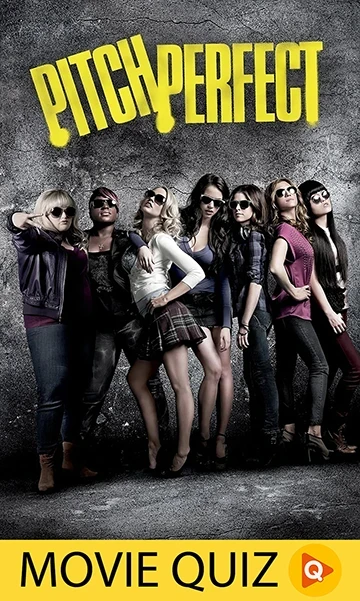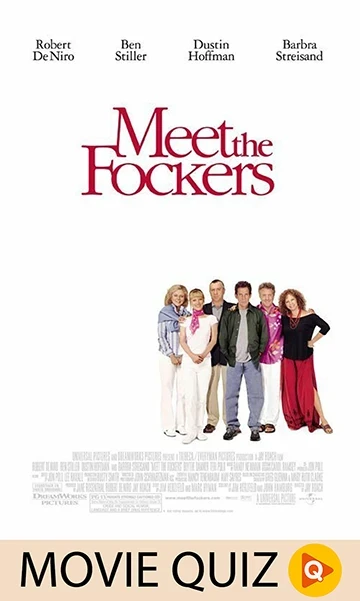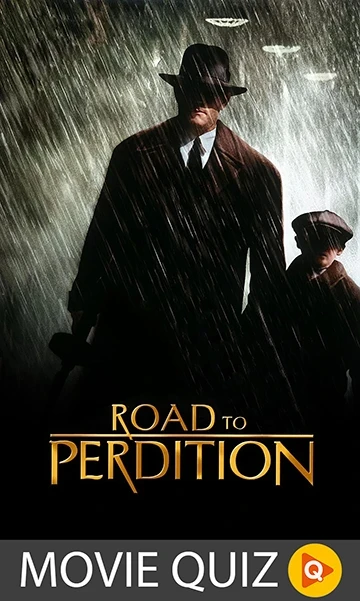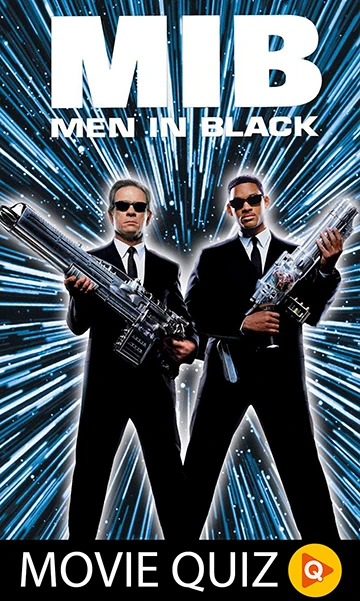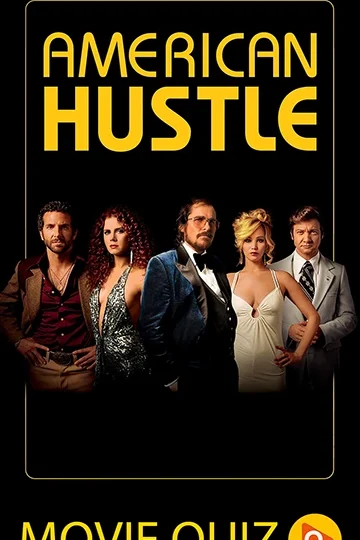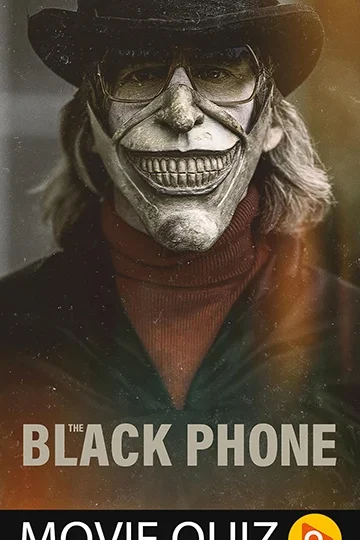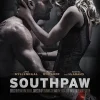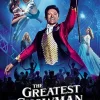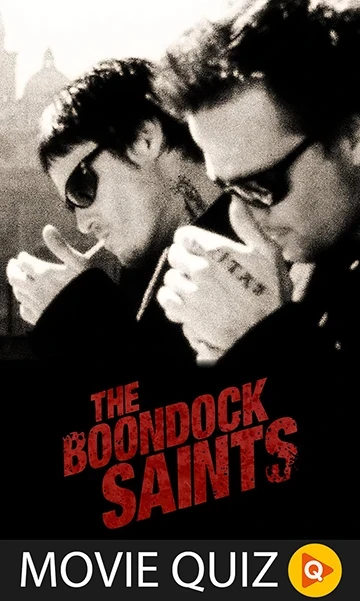
The Boondock Saints (1999) is a cult classic crime thriller that blends gritty action with moral complexity. Following Irish-American brothers Connor and Murphy MacManus, the film dives deep into themes of justice, divine retribution, and vigilantism — all under the watchful, eccentric eye of FBI agent Paul Smecker, played by Willem Dafoe.
Think you can remember every prayer, every firefight, and every philosophical monologue? Take this 10-question trivia challenge and prove your loyalty to the saints of Boston’s underground.
The Boondock Saints (1999) Trivia Questions & Answers
- Who plays the role of FBI agent Paul Smecker in The Boondock Saints (1999)?
Correct Answer: Willem Dafoe
Dafoe’s portrayal of Agent Smecker is magnetic — combining theatricality, intelligence, and ambiguity. His reenactments and descent into moral complexity elevate the film beyond a standard action thriller.
- What are the names of the two Irish-American brothers central to the film?
Correct Answer: Connor and Murphy MacManus
Connor and Murphy are working-class brothers turned vigilantes, bonded by blood, faith, and a belief that they are executing divine justice. Their dynamic is equal parts violent and philosophical.
- Where is The Boondock Saints primarily set?
Correct Answer: Boston
The film’s gritty Boston backdrop, rich in Irish Catholic culture, adds realism and thematic depth, reinforcing the characters’ heritage and moral motivations.
- What prompts the MacManus brothers to become vigilantes?
Correct Answer: They kill Russian mobsters in self-defense
After this event and a night in jail, they believe they’ve been divinely chosen to cleanse the world of evil. This turning point transforms the film from crime drama to moral reckoning.
- What phrase do the brothers say during their ritual killings?
Correct Answer: “In nomine Patris, et Filii, et Spiritus Sancti”
This solemn Latin invocation underlines their belief that their killings are sanctioned by God — part prayer, part execution ritual.
- What is the name of the hitman known as “Il Duce”?
Correct Answer: Noah MacManus
Il Duce, their long-lost father, adds generational weight and tragedy to the brothers’ mission. His shift from antagonist to ally reveals the dark lineage of vigilante justice.
- Which actor plays Murphy MacManus?
Correct Answer: Norman Reedus
Reedus gives Murphy a volatile, kinetic energy that contrasts well with Connor’s more composed demeanor, laying the groundwork for his future cult fame.
- What is Agent Smecker’s unique approach to crime scene investigation?
Correct Answer: He reenacts the crimes with theatrical flair
Smecker’s dramatic reconstructions bring stylized momentum to the narrative and reflect his inner turmoil as he questions the line between lawman and avenger.
- What is the brothers’ main motivation in their vigilante mission?
Correct Answer: To rid the world of evil men
Driven by a strong sense of moral absolutism and religious fervor, the brothers believe they are delivering divine judgment — challenging the boundaries of justice.
- What theme is central to The Boondock Saints (1999)?
Correct Answer: Justice, morality, and vigilantism
The film delves into whether unlawful violence can be morally justified when used to punish evil — and whether society’s legal systems are enough to maintain order.
